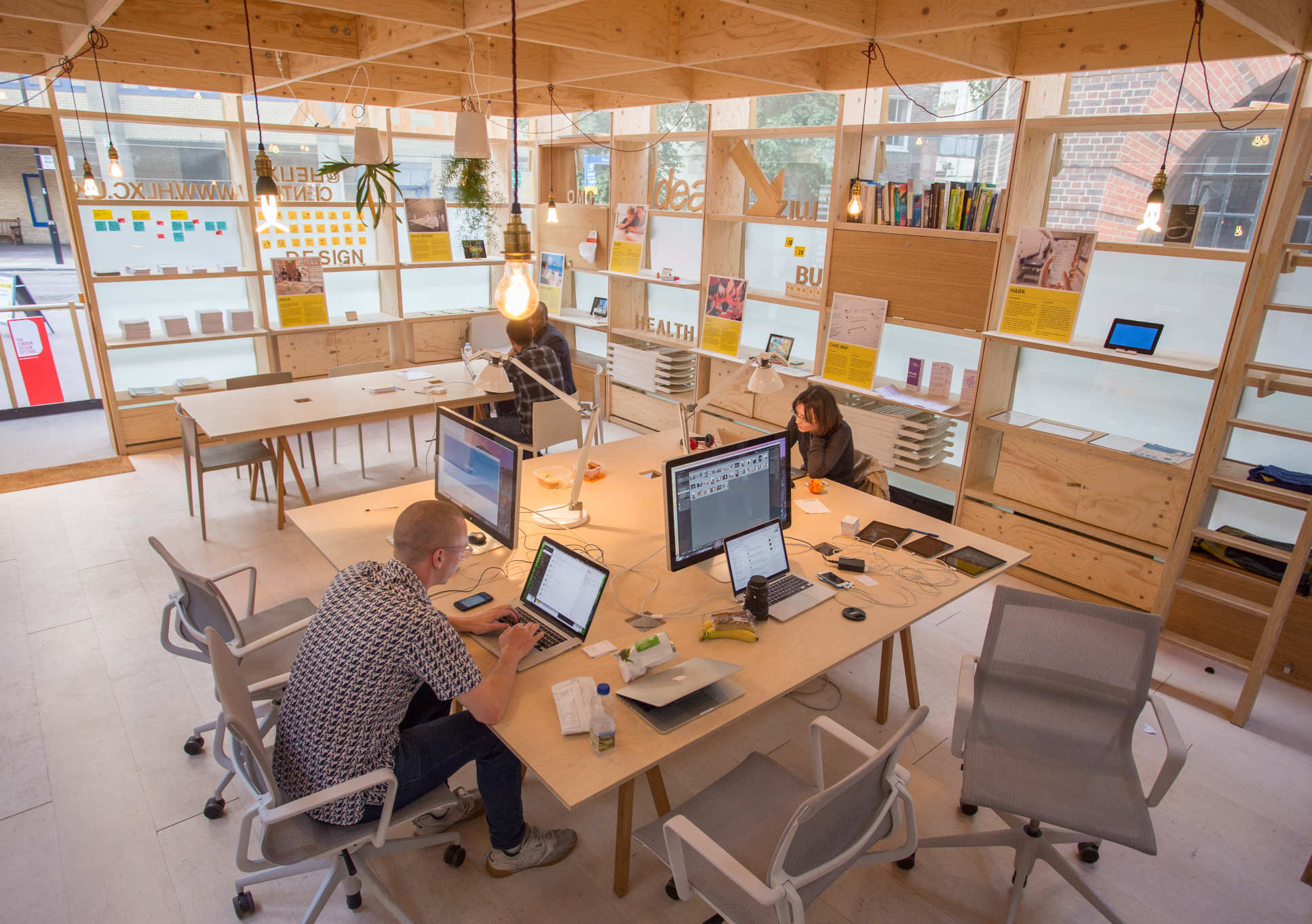Design and dementia: putting people at the heart of emerging tech

Helix Centre partners with new dementia research centre to focus innovation around the needs of patients and their families.
The newly-formed Centre – one of seven that make up the UK Dementia Research Institute – is a collaboration between Imperial College London and the University of Surrey. Its overarching goal is to empower people with dementia and their caregivers through new technologies, which will help deliver high-quality care at home.
Bringing in their expertise in human-centred design, the Helix Centre’s Design Strategy Team will support the Centre by engaging the public in a meaningful way so that these innovations are tailored to patients and their loved ones.
"Ultimately, we’ll use human insights to inform research and technologies that could transform dementia care." Lenny Naar Helix Centre
“Our work at Helix is constantly pushing the boundaries of how researchers engage with the public and patients,” said Lenny Naar, head of the Design Strategy Team at Helix, part of the Institute of Global Health Innovation (IGHI).
“Our design process will be guided by partnerships with patients, carers and families. We’ll use novel methods to gain insight into the everyday lives of people living with dementia and those who care for them, but also meaningfully involve people in the development of solutions. Ultimately, we’ll use human insights to inform research and technologies that could transform dementia care.”
Meeting the needs
Dementia is a growing public health concern. Currently there are around 850,000 people living with dementia in the UK, but that figure is expected to rise to more than a million by 2025. And with dementia patients occupying a quarter of NHS hospital beds, we urgently need ways to help our health system cope with the increasing strain on services.
The newly-launched UK Dementia Research Institute Care Research and Technology Centre seeks to help overcome these issues. Led by Professor David Sharp, the work will aim to keep individuals out of hospitals by giving them greater autonomy and improving care at home. The goal is to develop new technologies for a “Healthy Home environment”, a smart system that monitors patients in a number of ways and enables early identification of health problems, leading to swift intervention and support.
Helix’s Design Strategy Team will be working closely with the Institute across its six major themes of research, which span biosensors and robotic devices to diagnostics and behaviour.
Challenging conventions
The Helix Design Strategy Team will be conducting a series of “design sprints” that will ensure the emerging technologies support users’ needs, motivations and behaviours – people with dementia and their caregivers. They’ll be working closely with these individuals to gain their valuable input and insight that will inform the research as it progresses and closely align it with users’ needs.
“It’s more than just making things work – sustainability is a key factor as well.” Lenny Naar Helix Centre
“What’s truly wonderful about this work is the interdisciplinary collaboration that the Centre makes possible. Clinicians, technologists, and researchers will come together to ensure that innovations can deliver outcomes in practice,” said Naar.
“It’s more than just making things work – sustainability is a key factor as well.”
Researchers will therefore carry out health economic modelling of the technology’s cost-effectiveness as part of the work. Led by Dr Søren Kristensen of IGHI’s Patient Safety Translational Research Centre, this aims to facilitate the wider uptake of the Institute’s research outputs, so that solutions can reach and benefit more people.
“At Helix, we work to challenge the conventions of public involvement in research – moving beyond the traditional methods – so that we can simultaneously discover actionable insights and push the industry to see the value in co-design,” said Naar.
“This unique layer of human insight opens up a whole host of opportunities for how to better shape technology for the people it’s ultimately for, and we’re looking forward to applying this in our upcoming work with the Centre.”

Article text (excluding photos or graphics) © Imperial College London.
Photos and graphics subject to third party copyright used with permission or © Imperial College London.
Reporter
Justine Alford
Institute of Global Health Innovation